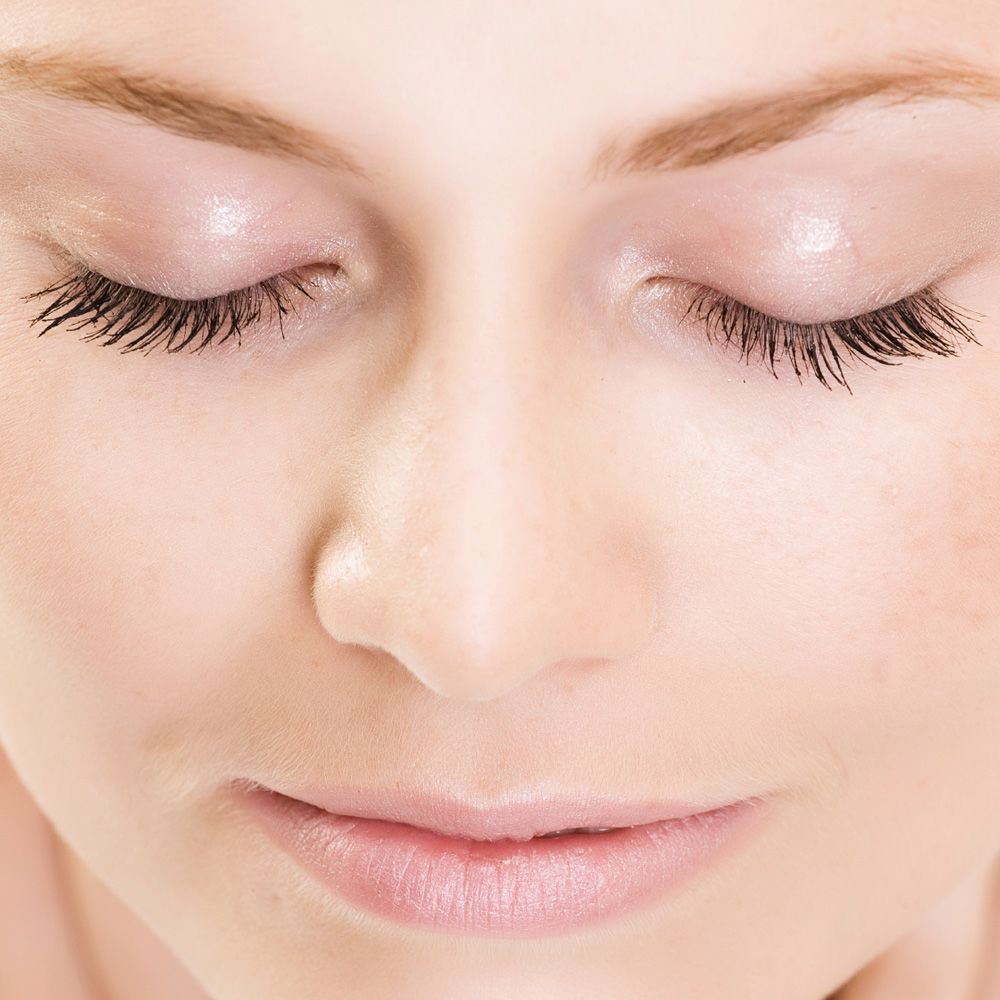Rest Those Eyes: Upper Eyelid Surgery Recovery
 Dr. Christopher Hove has helped countless patients in and around Philadelphia look years and years younger. Using the latest surgical techniques and his years of experience, Dr. Hove can reduce wrinkles, reverse signs of age, and generally enhance a patient's appearance and self-esteem.
Dr. Christopher Hove has helped countless patients in and around Philadelphia look years and years younger. Using the latest surgical techniques and his years of experience, Dr. Hove can reduce wrinkles, reverse signs of age, and generally enhance a patient's appearance and self-esteem.
Cosmetic eyelid surgery (blepharoplasty) can work wonders for your overall looks. The end results can be affected by the patients experience with healing. Let's give a broad overview of common concerns during the healing process.
What to Expect Following the Surgical Procedure
In the immediate aftermath of an upper eyelid surgery, patients will often experience grogginess, dizziness, and discomfort. Much of this can be attributed to the effects of anesthetic. Patients are asked to get ample rest after their surgery and to avoid strenuous physical activities for a few weeks as directed by their surgeon.
A full list of activities to avoid can be provided during the consultation process, though typically patients will want to avoid smoking, drinking alcoholic beverages, vigorous exercise, heavy lifting, swimming, and using saunas.
Dealing with Pain and Discomfort
Pain and discomfort will be most pronounced in the first few days of healing, which is to be expected. Patients should use recommended pain relievers in order to reduce the amount of discomfort that they face.
Bruising and Swelling
Bruising and swelling are both common issues that people face after any kind of surgery.
The bruising around the eyes will be most pronounced during the first week or so after surgery, fading steadily in the second week after surgery and dissipating by the end of the month if not sooner. Major swelling typically abates by the end of two weeks, with minor swelling persisting for a few weeks after that.
Dry Eye and Itchy Eyes After Surgery
The eyes and the eyelids can both be subject to itchiness and discomfort following the upper eyelid surgery. Patients have to avoid rubbing or touching their eyes in these early days and weeks of healing in order to ensure proper healing that is free from complications.
To deal with itchiness of the eyelids, patients are often given a medicated moisturizing ointment to place on their eyelids. For dry eye or eye irritation, patients can use lubricating eye drops to help ease the discomfort.
Protect Your Eyes from the Sun
As you are healing, it's important that you wear sunglasses, especially if you're going outdoors. This protects the eyes from the heightened sensitivity to light experienced as part of the surgical recovery process. In addition, it helps protect the eyes from sun damage in those crucial early days of healing.
In addition to sunglasses, it's often a good idea for patients to consider wearing a hat with a brim as well to offer additional shade to the brow and eye area as they heal.
Attend Follow-Up Visits as Scheduled
Several follow-up visits occur after the cosmetic eyelid surgery has been performed. They allow a plastic surgeon to monitor the recovery process and determine if there are any issues that have to be resolved for optimal results. Attend them all to ensure you heal properly.
Reach Out to the Practice If You Have Concerns
If a patient has any questions or concerns as they recover from their upper eyelid surgery, they are encouraged to contact the practice. Asking questions and expressing concerns allows potential problems to be addressed sooner rather than later, preventing potential complications in the process.
Learn More About Upper Eyelid Surgery
To learn more about blepharoplasty and your many other options for anti-aging and wrinkle reduction, be sure to contact our cosmetic skin care and plastic surgery center today. Dr. Christopher Hove and the entire team at the Hove Center for Facial Plastic Surgery will work with you to help you achieve your anti-aging and wrinkle reduction goals.




